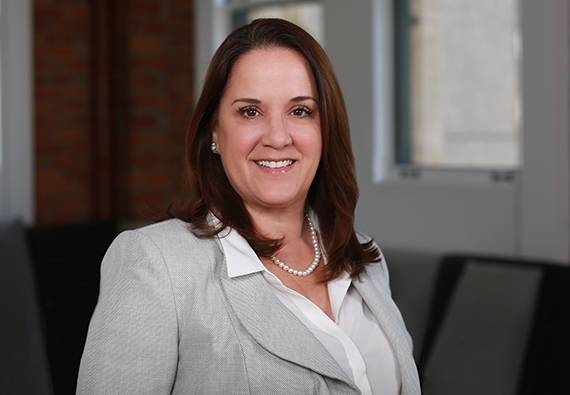Opportunity Zone Program Drives Investments to Low-Income Communities
A new economic development tool created to stimulate investment in low-income communities known as “Opportunity Zones” has been attracting attention of investors, developers and business owners. This tool extends tax advantages to investors in “Qualified Opportunity Funds” that primarily invest in projects or businesses located in Opportunity Zones. Unlike other economic development programs, the incentive is not limited to real estate investments. Rather, businesses that intend to deploy capital and operate in an Opportunity Zone can benefit from this incentive. As a result, the program is causing a stir in both the start-up and development communities, driving up pricing on real estate sales and lease rates within these communities.
Under this program, taxpayers defer recognizing capital gains if, within 180 days of when such gains would otherwise be recognized, they make an equity investment in a Qualified Opportunity Fund. The initial deferral does not last forever. Once the fund interest is sold, or on December 31, 2026, whichever is earlier, the investor pays tax on the lesser of: (i) the deferred capital gain, or (ii) the fair market value of the Qualified Opportunity Fund investment less its tax basis. Basis initially equals zero, but after 5 years, it increases by 10% of the capital gain deferred, and after 7 years, it increases another 5%. After 10 years, the tax basis in the Qualified Opportunity Fund investment equals its fair market value on the date it is sold. Thus, in addition to providing for tax deferral, this program potentially allows taxpayers to permanently exclude up to 15% of capital gains invested in a Qualified Opportunity Fund and any post-acquisition appreciation of the fund investment.
Governors of each state were permitted to designate up to 25% of low-income census tracts within their state boundaries as Opportunity Zones. The designations now in existence will expire on December 31, 2028. Nevertheless, taxpayers investing in a Qualified Opportunity Fund, on or before that deadline, will realize the benefit of the 10-year basis step-up until December 31, 2047.
A newly formed, or pre-existing, U.S. entity treated as a corporation or partnership for tax purposes (including LLCs) may elect to be a Qualified Opportunity Fund, provided it states its intent to invest in Opportunity Zones in its organizing documents. The fund must invest 90% of its assets in certain businesses, or business property, located, or used, in an Opportunity Zone. The 90% test is measured by averaging the percentage of qualified property held by the fund 6 months after it is formed, or elects to be a Qualified Opportunity Fund, and the last day of its taxable year. Qualified property includes: (i) Qualified Opportunity Fund Business Property, which is tangible property whose original use commences in an Opportunity Zone, or that is substantially improved within 30 months of the date it is acquired, and (ii) investments in Qualified Opportunity Zone Businesses.
Qualified Opportunity Zone Businesses are generally active trades or businesses with certain ties to an Opportunity Zone, such as owning or leasing at least 70% of its assets in the zone and having at least 50% of its gross income derived from conduct in the zone. Businesses engaged in certain “sin” businesses including a golf course, country club, massage parlor, hot tub facility, suntan facility, racetrack or other facility used for gambling, or a liquor store, do not qualify.
The program is broad-based, as it is available to virtually any taxpayer with capital gains. Businesses and high net worth individuals looking to remove unrealized capital gains from their balance sheet in a tax efficient manner can take advantage of the program, as can social impact investors looking to benefit underserved communities.
Moreover, there is no cap at the state or federal level limiting the extent to which the tax benefit is available. Consequently, expect this incentive to drive a new source of capital to Opportunity Zone projects and businesses in the immediate future.
Julie Treppa is a tax partner in Farella Braun + Martel’s San Francisco office, where she develops tax planning strategies for corporations, nonprofits, partnerships and joint ventures.


